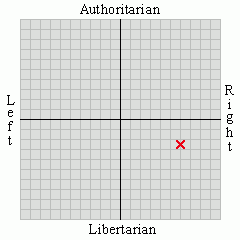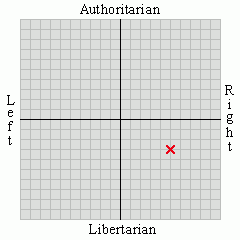Many states have introduced legislation to prohibit racist hate speech, but such laws are unconstitutional in the US. In response to the Additional Protocol to the Convention on Cybercrime, the US Government stated that it would be unable to provide prosecutorial or investigative assistance to member states where issues arose concerning Internet content as these would implicate fundamental rights, such as the freedom of expression which is protected by the First Amendment, and could therefore not sign the Protocol. Consequently, US authorities can override this constitutional protection only when race-hate material poses an imminent threat to a specific individual. Whilst this ‘fighting words’ doctrine exists in the US, whereby only the words which incite imminent unlawful action and are likely to produce such action are denied First Amendment protection, the potential for incitement is greatly distorted as there is no captive audience in the case of the Internet and its users can easily avoid websites that publish racist materials.
Regulating hate speech will inevitably remain ineffective as the American policy on free speech currently determines much of what happens in other jurisdictions. Evidence of this can be found in the Zündel case. The Canadian Human Rights Tribunal ordered the closure of the Ernst Zündel’s Holocaust revisionist website, which was hosted on a US server, considering the site to pose a serious threat to society. Despite this judgment however, the site is still hosted on a US server. The blocking of a site is therefore easily circumvented by copying content and establishing a mirror site on one or more servers in different jurisdictions where the content has yet to be blocked. Therefore, as nation-states attempt to enforce domestic legislation prohibiting racist expression in cyberspace, it is evident that the First Amendment presents the greatest obstacle to an effective regime of eradicating or minimising such racist hate. Consequently, racists around the world are taking advantage of the US’ status as a safe haven by using US providers as a relay for xenophobic and racist expression. Furthermore, foreign governments cannot obtain information from US providers regarding the identity of publishers of racist content as such content is not illegal in the US.
It can be argued that any international efforts to harmonise legislation among a group of nations will always be rendered futile by the effects of the US constitution until the US Supreme Court expands the categories of expression which cannot be accorded the protection of the First Amendment. The US has traditionally not regarded racist expression as a crime and therefore the act of upholding its constitutional values cannot readily be construed as tolerance or facilitation of illegal conduct. However, the contemporary problems concerning freedom of expression are not the same as those when the First Amendment was written in the late eighteenth century, when the concept of having a ‘false idea’ was not tolerated. Advocates of legislation argue that prohibiting racist expression is required to ensure that all citizens may enjoy equal participation in society, and therefore that racist speech should be considered of low value as it does not contribute to public discourse in a meaningful manner. It may be seen that the lack of legislation targeting extremist racists has not only failed to prevent the dissemination of racist materials in the US, but has led to a substantial growth in the number of racist groups. Furthermore, by allowing racist speech to continue, the First Amendment is failing to ensure that more speech occurs, as expressions of violent hatred are proven to silence ethnic minorities, thereby preventing them from participating fully in civil society and public discourse.
Nevertheless, the American model can be altered to restrict the freedom of the most extreme beneficiaries of the First Amendment. The government is however rightly reluctant to do so, as this amendment forms the cornerstone of the country’s liberties. In contrast to American situation, the UK constitutes a diametrically opposed example, whereby political correctness has stifled public discourse itself in instances where it addresses themes that may cause offence to certain religious minorities. What emerges is not only an inability to discuss matters of cultural significance, such as the future course of the national identity, but also a paradigm of deliberative democracy which prevails in many African states, whereby the state bases its authority on the placating of minority groups instead of the rule of law. The First Amendment enshrines freedom of expression as an absolute right with far greater scope for application than is offered by the European Convention on Human Rights. Europe as a whole, and especially the UK, must move towards the American appreciation of freedom of expression in order to secure our existences as pluralist, deliberative democracies.
Thursday, 30 April 2009
The First Amendment to the US Constitution - A model of free speech for Europe
Labels:
1st Amendment,
America,
Democracy,
Free Speech,
Jacqui Smith
Subscribe to:
Post Comments (Atom)



No comments:
Post a Comment